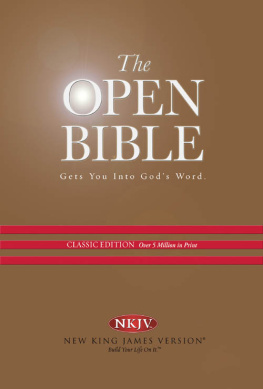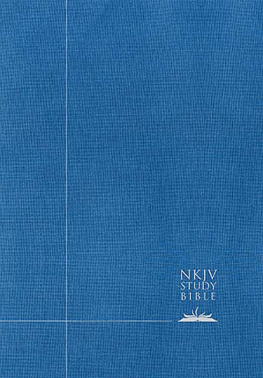The Chronological Study Bible
New King James Version

www.thomasnelson.com
The Chronological Study Bible
Copyright 2008 by Thomas Nelson, Inc.
Portions formerly published as The Life and Times Historical Reference Bible, copyright 1997 by Thomas Nelson, Inc.
Holy Bible, New King James Version, copyright 1982 by Thomas Nelson, Inc.
The text of the New King James Version (NKJV) may be quoted or reprinted without prior written permission with the following qualifications: (1) up to and including 1,000 verses may be quoted in printed form as long as the verses quoted amount to less than 50% of a complete book of the Bible and make up less than 50% of the total work in which they are quoted; (2) all NKJV quotations must conform accurately to the NKJV text.
Any use of the NKJV text must include a proper acknowledgement as follows:
Scripture taken from the New King James Version. Copyright 1982 by Thomas Nelson, Inc. Used by permission. All rights reserved.
However, when quotations from the NKJV text are used in church bulletins, orders of service, Sunday school lessons, church newsletters, and similar works in the course of religious instruction or services at a place of worship or other religious assembly, the following notice may be used at the end of each quotation: NKJV.
For quotation requests not covered by the above guidelines, write to Thomas Nelson, Inc., Attention: Bible Rights and Permissions, P.O. Box 141000, Nashville, TN 37214-1000.
For credits and permissions for images used see, .
Design & Typesetting:
Koechel Peterson & Associates, Inc.
Minneapolis, MN 55406
www.koechelpeterson.com
All rights reserved
Printed in the United States of America
1 2 3 4 5 6 7 8 9 10 11 12 16 15 14 13 12 11 10 09 08
Table of Contents
Epoch 1
Epoch 2
Epoch 3
Epoch 4
Epoch 5
Epoch 6
Epoch 7
Epoch 8
Epoch 9
Epoch 2
Epoch 3
Epoch 4
Epoch 5
Epoch 6
Epoch 7
Epoch 8
Epoch 9
Epoch 1
Epoch 2
Epoch 3
Epoch 4
Epoch 5
Epoch 6
Epoch 7
Epoch 8
Epoch 9
Timothy B. Cargal, Ph.D., served as University Lecturer in Philosophy and Religion at Western Kentucky University (Bowling Green, KY), and is pastor of Northwood Presbyterian Church (Silver Spring, MD). Dr. Cargal is author of Restoring the Diaspora: Discursive Structure and Purpose in the Epistle of James.
Mark W. Chavalas, Ph.D., is Associate Professor of History at the University of Wisconsin-LaCrosse (La Crosse, WI). Dr. Chavalas is editor of New Horizons in the Study of Ancient Syria and Emar: The History, Religion, and Culture of a Bronze Age Town in Syria. He has had nine seasons of archaeological field work in Syria.
James R. Edwards, Ph.D., served as chair of the Department of Religion at Jamestown College (Jamestown, ND) and is Professor of Religion at Whitworth College (Spokane, WA). A specialist in New Testament studies, Dr. Edwards contributed to Nelsons New Illustrated Bible Dictionary and is author of Romans in The New International Biblical Commentary.
John O. Gooch, Ph.D., served as curriculum editor for the United Methodist Church (Nashville, TN) and as Assistant Professor of Religion, Metropolitan College, St. Louis University. He is the only known youth minister with a doctorate in Patristics. Dr. Gooch is coauthor of A Pocket Guide to the Bible.
Lowell K. Handy, Ph.D., serves as Senior Lecturer in Scripture at Loyola University Chicago (Chicago, IL), and is Indexer/Analyst for the American Theological Library Association (Evanston, IL). Dr. Handy is author of Among the Host of Heaven: The Syro-Palestinian Pantheon as Bureaucracy and The Educated Persons Thumbnail Introduction to the Bible.
Craig S. Keener, Ph.D., is Visiting Professor of Biblical Studies at Eastern Baptist Theological Seminary (Wynnewood, PA). Dr. Keener focuses on New Testament background and is author of The IVP Bible Background Commentary: New Testament, as well as seven other books. He remains active in campus ministry.
David T. Landry, Ph.D., is Assistant Professor of Theology at the University of St. Thomas (St. Paul, MN). Dr. Landry is coauthor and coeditor of The Christian Theological Tradition.
Robert Lintz, Th.D., served as Bible editor for Thomas Nelson Publishers (Nashville, TN). Dr. Lintz is associate editor of The Wesley Bible, editor of The Life and Times Historical Reference Bible, and author of Shepherds Notes: Exodus, Ruth, Esther.
George Lyons, Ph.D., served as Professor of Biblical Literature at Olivet Nazarene University (Kankakee, IL) and is Professor of Biblical Literature at Northwest Nazarene College (Nampa, ID). Dr. Lyons is author of Pauline Autobiography and More Holiness in Everyday Life, and is a specialist in the Gospels and Pauls letters.
John S. Mason, Th.M., served as Professor of Biblical Studies at Daystar University College, Nairobi, Kenya, and as a missionary in Eritrea. He is editor of the Tigrinya Grammar, and assistant editor of the New Geneva Study Bible.
David Merling, Ph.D., is Associate Professor of Archaeology and History of Antiquity and Associate Director of the Institute of Archaeology at Andrews University (Berrien Springs, MI). Dr. Merling has directed archaeological digs in Jordan, and is coeditor of Hesban After 25 Years and author of The Book of Joshua: Its Theme and Role in Archaeological Discussions.
Gerald P. Morris, Ph.D., served as adjunct Professor of Old Testament Interpretation at The Southern Baptist Theological Seminary (Louisville, KY) and as Assistant Professor of Biblical Studies at Ouachita Baptist University (Arkadelphia, AR). Dr. Morris is author of Prophecy, Poetry and Hosea.
John W. Wright, Ph.D., served as Visiting Assistant Professor at St. Marys College (Notre Dame, IN) and the University of Notre Dame and as pastor of the Winamac (IN) Church of the Nazarene. Dr. Wright contributed to The Anchor Bible Dictionary as a specialist in Second Temple Judaism, and is Associate Professor of Religion at Point Loma Nazarene College (San Diego, CA).
The Bible was not written at one time nor by one author. The books of the Old and New Testaments were written over a period of more than 1,000 years, and their contents cover a variety of ancient peoples and cultures. If we are to understand and appropriate the Bibles message today, we need some sense of the historical and cultural context in which its diverse parts appeared. We read the words of the Bible today under entirely different circumstances than those under which they were written. To neglect the historical and cultural background of the biblical books is to risk misunderstanding them.
Unfortunately for modern readers, the individual books of the Bible do not always provide the information necessary to understand the Bibles historical and cultural background. At the time that these books were written, readers would have already been familiar with the world the writings describe. But thousands of years later, the events and customs that the original readers would have recognized immediately are often confusing and only dimly understood by modern readers.
The Chronological Study Bible will take you on a journey through the history and culture of the Bible. It will allow you to step back into biblical times and discover the world out of which the Bible grew. It will help you follow the flow of events in the Scriptures and see where sacred and secular history converge into one story of salvation. You will learn how sacred history fits into the context of secular history-why an event happened, how events relate to each other, as well as the cultural, religious, political, and geographical background that influenced the events.
Next page
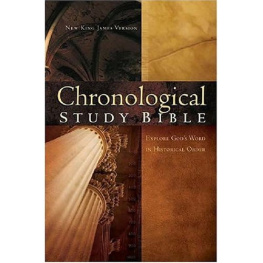
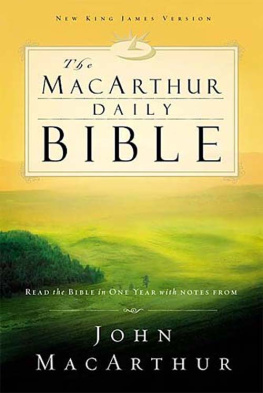
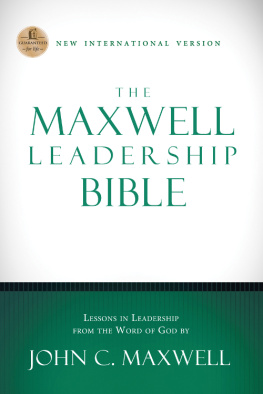
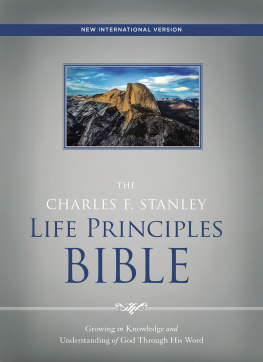
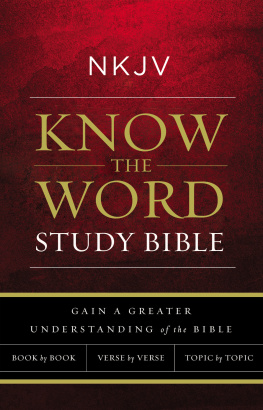
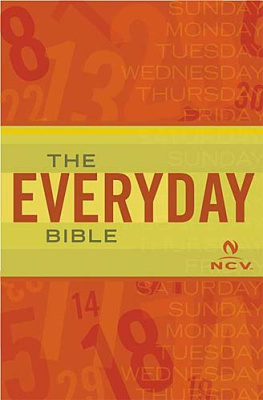
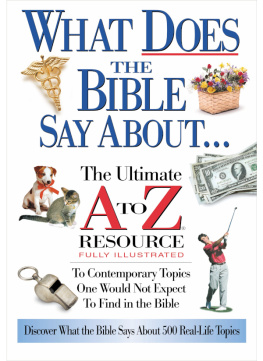
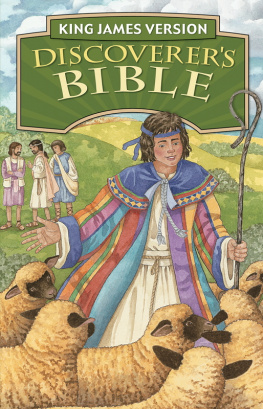
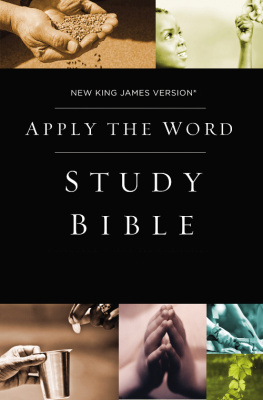
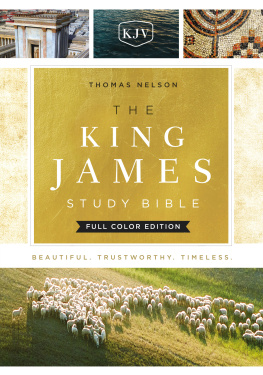
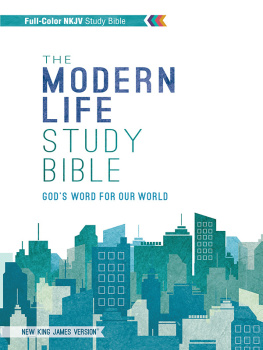
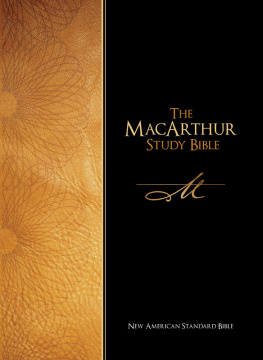
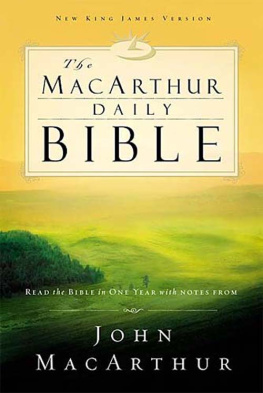
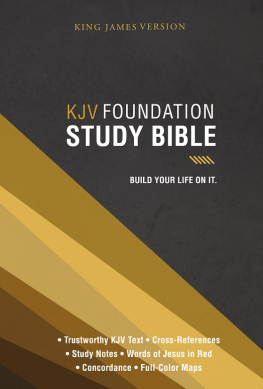
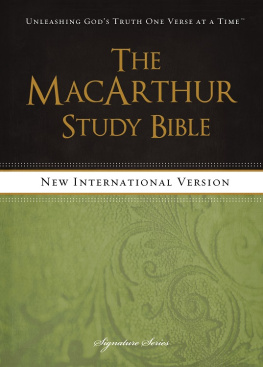
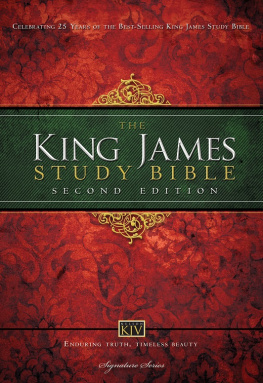
![Thomas Nelson - The NKJV Study Bible [Full-Color Edition]](/uploads/posts/book/79115/thumbs/thomas-nelson-the-nkjv-study-bible-full-color.jpg)
